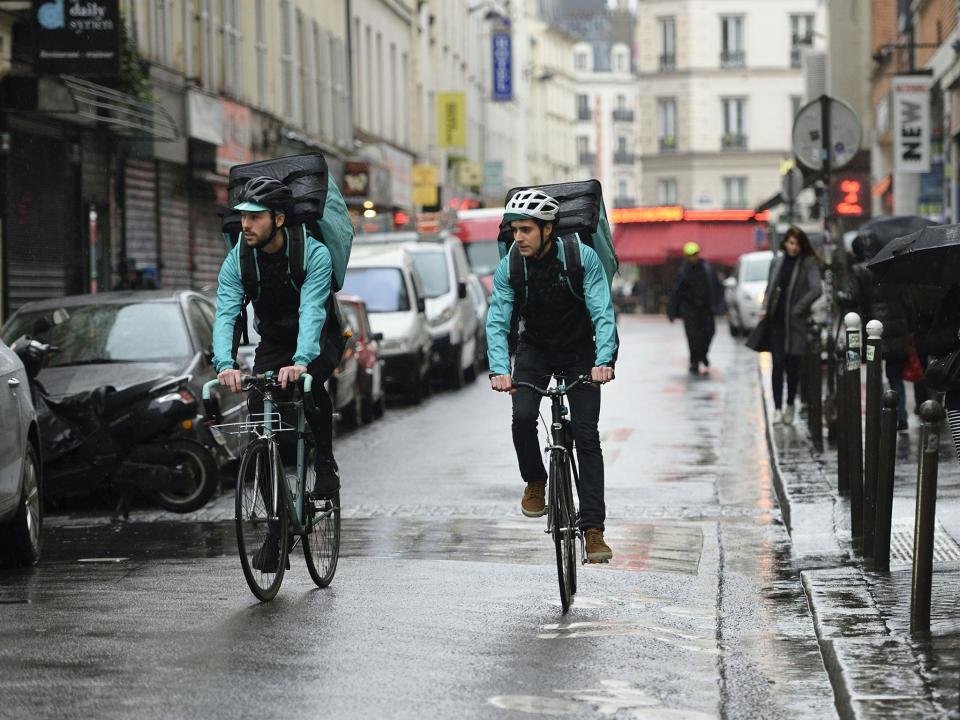Gig economy: One in three zero-hours workers juggle at least two jobs at same time

One in three gig economy workers juggle at least two jobs at the same time, according to a study by one of the world’s biggest insurance companies.
Research conducted by the UK arm of insurer Zurich, found that as well as the 32 per cent who hold at least two jobs, one in fourteen – or 7 per cent – juggle three or more jobs, and one in 10 take up temporary work to help ends meet during the holiday season.
The research found that women are more likely to hold just one gig economy job. Men, meanwhile, are more likely to hold three to five jobs at a time.
Despite the flexibility that gig economy jobs offer, the majority of workers say uncertainty over where the next pay cheque will come from is the main drawback.
“With Christmas approaching and people increasingly considering gig work to supplement seasonal costs, holding more than one role has become the norm”, said Chris Atkinson, head of innovation and partnerships at Zurich UK.
“The benefit of gig work is that it gives people flexibility to boost their income, but it comes without the benefits that full-time employment provides such as holiday pay and income protection”.
He added: “This is why it’s so important there is more support available to gig workers to ensure they take steps to protect their finances.”
Companies using gig economy workers have repeatedly come under fire in the UK this year, with unions and politicians accusing them off using exploitative practices. Riders for Deliveroo have gone to court in the UK to seek employment rights, such as the minimum wage.
On Friday, food-delivery business Uber Eats said that it would start offering all its couriers in Europe an insurance package covering personal accidents, cash benefits for hospitalisation, property damage and cover for third-party injury.
Two drivers for Uber’s ride-hailing app successfully argued at a tribunal in London in November that the company had responsibilities to treat them as employees with certain rights.

 Yahoo Finance
Yahoo Finance 